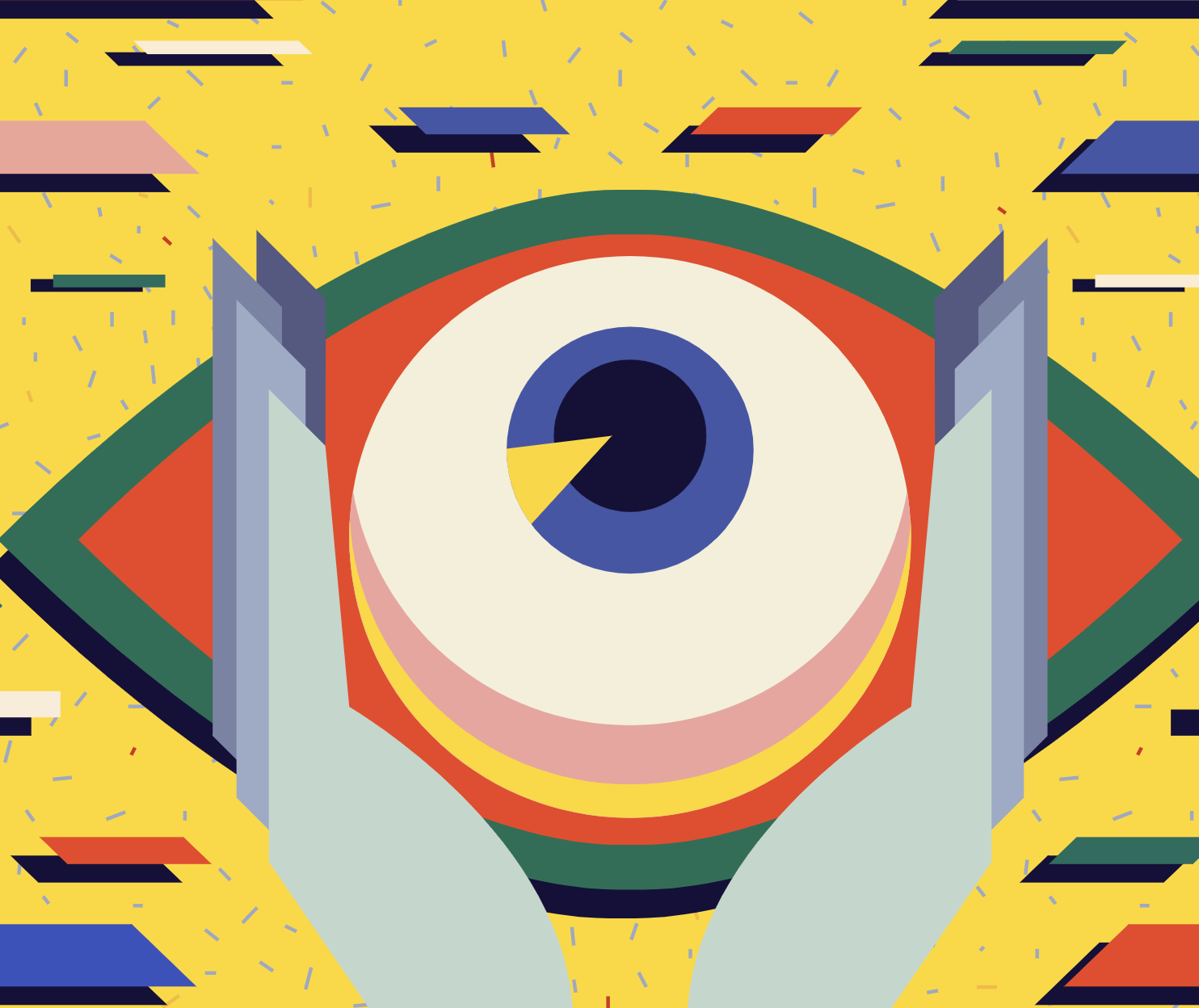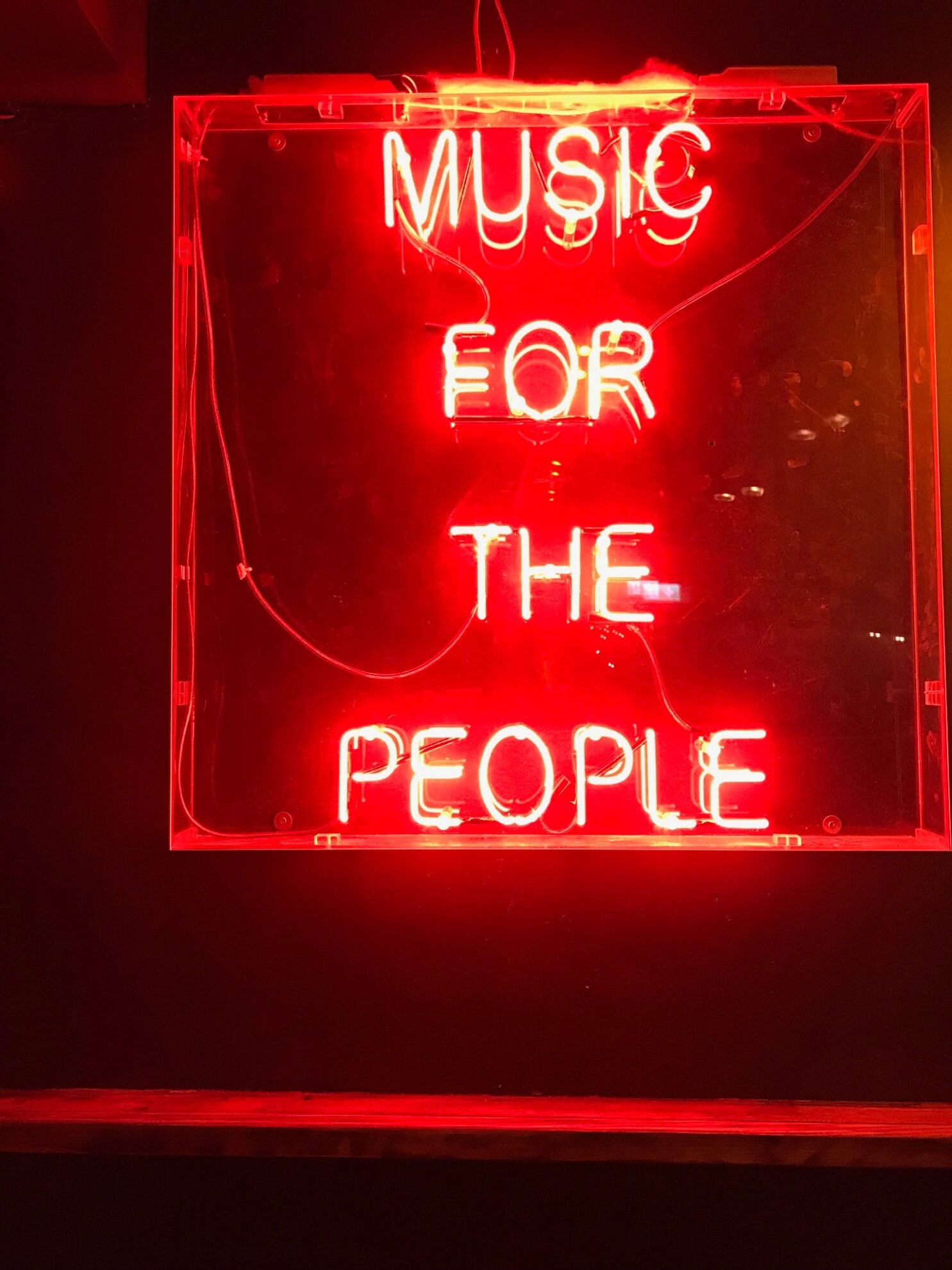OCTOBER 2020
Focus UBI is our monthly feature about universal basic income news in the art world. This month, we are featuring UBI in arts and music. Find out how Canadian artists gave a concert for basic income and San Francisco launched its new UBI program for artists.
Got a tip for us? Submit it anonymously to be included in the next feature.
Basic Income Concert for UBI
On Oct. 17, 2020, the Canadian advocacy group the Case for Basic Income for the Arts, got together to put on an online concert for UBI. The night was punctuated by speeches and performances from politicians, activists and artists from across the country.
“In these times of isolation and lockdown with so many social ruptures, the arts and music have become essential to our wellbeing,” said Craig Berggold, the team leader of the advocacy group, in his introduction. “More and more, the power of art and music is booming and whispering about basic income.”
The pandemic has hit the creative industries particularly hard. Rachael Cardiello, a Toronto-based musician, music teacher, band leader of Zinnia, and one of the performers of the night, lost 70% of her students and all of the live performances she had planned for the years.
“It’s a very precarious time for artists. We’re watching our peers move out of the city because they can no longer afford to stay”, she said in her statement, highlighting that a policy like UBI would give working artists much greater peace of mind.

UBI for Working Artists
That peace of mind is something freelance photographer Jessie Golem experienced firsthand when she was one of the recipients of the Ontario Basic Income Pilot. “Back in 2017 I had four jobs and they were all […] contract work, minimum wage, no protections whatsoever,” she said in her statement, describing the time when she was trying to get her freelance photography business off the ground. “Working 60 to 80 hour work weeks and still scraping by barely, paycheck to paycheck.”
Receiving a basic income every month allowed her to quit all her jobs and focus on her photography business full-time. That is, until the program was scrapped with no warning with the election of a conservative Ontario government in 2018. Upon receiving this news, Golem used her skills and her frustration to launch her photography project Humans of Basic Income. Inspired by the project Humans of New York, she took striking portraits of people who had been recipients of the program before it was abruptly interrupted.
The Importance of UBI in Arts and Music
Amy the Coda, the lead singer, non-vocalist of Half/Asian + Amy the Coda who sings in sign language, did something similar by using her CERB (Canadian Emergency Response Benefit, a monthly $2,000 cheque given to Canadians who lost their income because of COVID-19) money to further develop her career. She enrolled in music lessons from a Black Deaf American musician to improve as a musician. “UBI I think would be a really great way to open up space for artists to achieve their full potential,” she said in her statement.
These stories bust open the myth that, with UBI, people would simply take advantage of the money by the government by being leeches on society. “It’s not a handout. It’s an investment in society,” said Rima Berns-McGown, MPP of Beaches-East York in her statement. “We know that the Arts generate 25 billion dollars for Ontario’s economy annually. […] It makes no sense for there to be structural barriers for artists to have to jump over just to get to a place where they can make the art, music and dance, and write the poetry books and plays that allow us to make meaning of our lives and contribute so substantially to our economy.”
You can watch the full event below. Also, to support the cause, visit the Toronto Artists for Basic Income page for more information and sign the parliamentary motion for basic income (only open to Canadian citizens).
San Francisco Launches UBI Pilot for Artists
In October 2020, Mayor London Breed of San Francisco made a major announcement about implementing a UBI scheme for arts and music in the city. The program would provide $1,000 a month for local artists. It is one of the measures recommended by the San Francisco Economic Recovery Task Force (ERTF) as part of a COVID-19 recovery plan. The UBI plan for artists is part of nearly $6 million in funding that the city has made available for the artistic and cultural sectors.
“Universal basic income is a simple idea that could have a radical impact on our society: give people enough money to meet their basic needs, providing everyone in the country with an income floor,” states the Universal Income Project in an interview with CBS SF Bay Area, which advocates for UBI programs in the San Francisco Bay Area. “Basic income could eliminate absolute poverty, support entrepreneurship and creativity, and allow every American to share in the prosperity that we have created together as a nation.”
The UBI program for artists comes after creative workers in the city have had to leave in massive numbers due to economic market forces that no longer allowed them to stay there on an artist’s income. A survey found that 70% had to move out due to rising rent, with the remaining 30% concerned with rising rents. For this pilot program, 130 artists will be selected to receive the monthly stipend during a six-month period that will begin as early as 2021.

A Subsidy for Artists
While applauded by many UBI advocates, the program isn’t without its critics. “We’ve sort of gotten into the habit of cloaking anything that gives money to people as a universal basic income,” said Michael Tanner, a senior fellow at the Cato Institute, in an interview with Reason. “This is a subsidy for artists.” According to Tanner, a true universal basic income has to benefit everyone, not just a specific segment of the population. By defining artists as the only recipients of this program, the city will now have to contend with defining new regulations that may involve potential politicized rule-making.
However, many of the program’s proponents acknowledge that, while the program is imperfect, it still incorporates a lot of the benefits of a UBI. “Sometimes the u also means unconditional. I think this does pretty much mean that,” said Max Ghenis, founder and president of the think tank UBI Center. “The people selected for the program, once they start to get it, won’t be subject to work requirements or other kinds of requirements that are accessed on other types of program.” The program is meant to be as accessible as possible for anyone who self-identifies as an artist. He also thinks there is room to expand this program for other populations in the city.
Read the full press release.
Curiosity of the Month
Following the devastating impact of the pandemic, the taxpayer-funded Melbourne Dance Company launched its own DIY UBI-like wealth redistribution scheme. 90% of its $10 million annual budget goes to 225 company members in the form of a $30,000 living wage. In addition, each member is allocated $10,000 towards their annual artistic project. The program aims to address the economic inequality endemic to artists by challenging the arts sector’s refusal to undertake a redistribution of funds that acknowledges the value of their work.






